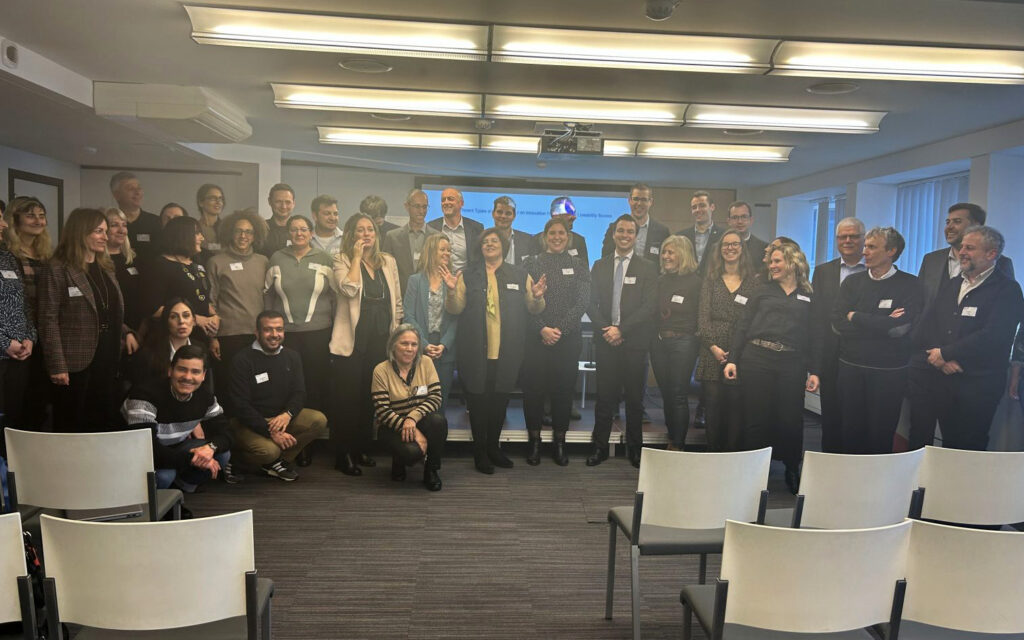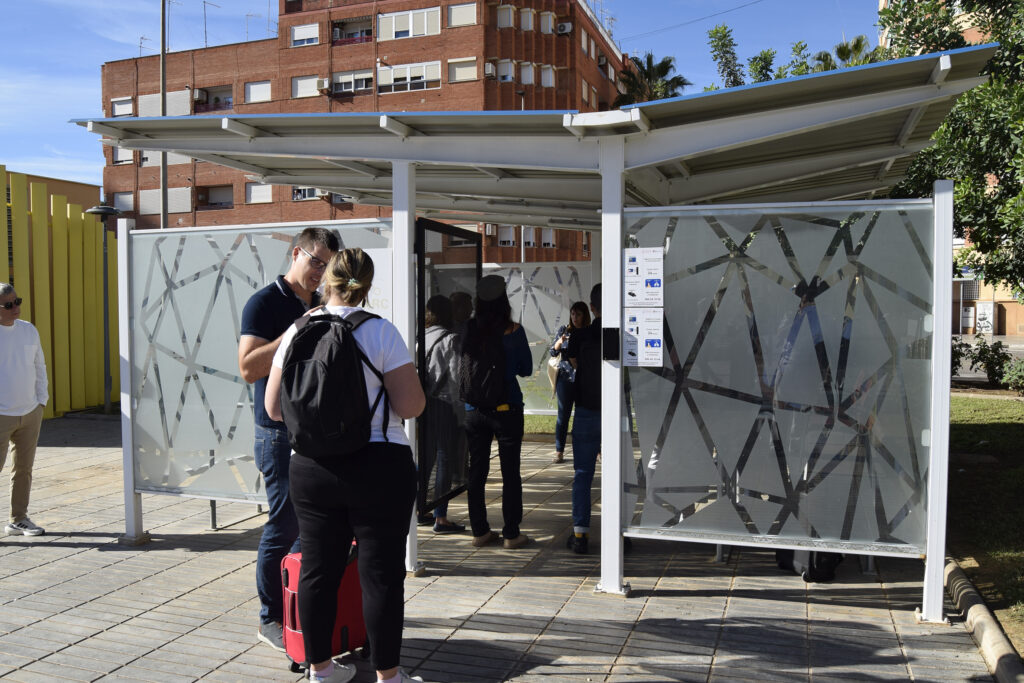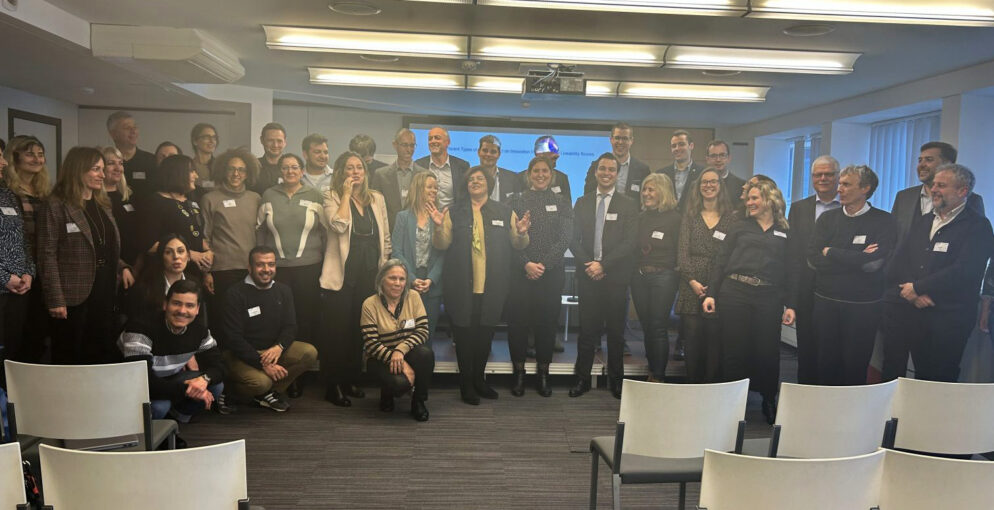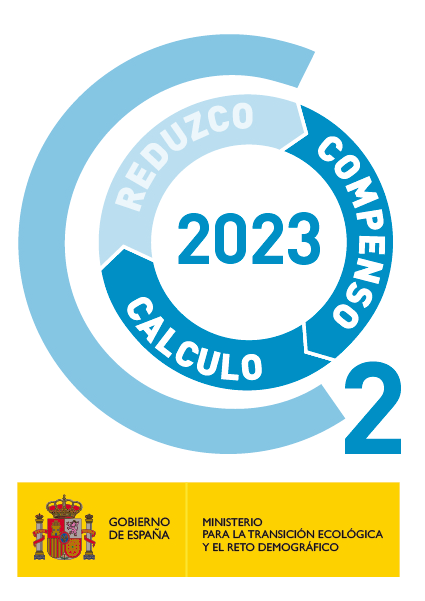Valencia, 7 March 2023. – How do cities envision the evolution of their mobility environment in ten to twenty years’ time? What are the key innovations that are changing the landscape of urban transport services, both passenger and freight? What tools can cities use to navigate the urban mobility transition? What are the key policy recommendations that should be included in the policy lifecycle when planning for future mobility?
These were the questions addressed by the partners of the European SPROUT project during the final conference held last February in Brussels.
This initiative is included in the European Horizon 2020 programme and involves the Fundación Valenciaport, Valencia City Council and Ferrocarrils de la Generalitat Valenciana (FGV) together with 26 other partners, including European and non-European cities and regions, international organisations, urban transport authorities and road operators, research centres and networks, and universities.
The main objective of the project was to put cities at the centre of the urban mobility transition, based on the solutions to these problems developed by six pilot cities: Valencia, Padua, Kalisz, Budapest and Tel Aviv, and one Asian city, Ningbo in China.
During the final event, chaired by Thiago Tavares, representative of the European Commission’s executive agency for Climate, Infrastructure and Environment (CINEA), the main results of the project were presented, based on the research processes carried out throughout the project, such as scenario building techniques, transferability assessments and policy validations or interactive tools to assist cities in policy formulation and reporting.
Specifically, for the city of Valencia, SPROUT has been an opportunity to learn about, test and evaluate sustainable and innovative solutions for passenger and freight intermodality. The pilot consisted of the deployment of an urban intermodal passenger and freight node for public and private collective transport that includes two use cases, with the objectives of reducing traffic congestion and GHG emissions. The first use case consisted of the installation of secure bicycle parking facilities at metro stations in the metropolitan area (Cicloparcs), as a measure to facilitate the combined use of bicycles and public transport. The second case consisted of the installation of parcel collection points in metro stations (e-lockers) to integrate passenger and last mile freight transport.
As results of the pilot cases, it was calculated that, with both solutions fully implemented, an average of 12 daily users per Cicloparc could be achieved, with a CO2 emission saving of 2.8%; while the use of each e-locker would save around 4 tonnes of CO2 per year.
The main lessons learned from the project, applicable both to other cities and to initiatives that may be developed in Valencia in the future, are the following: firstly, as a key to success, the locations for the pilots should be selected considering user preferences and not only traffic flows. Secondly, a very important variable is the trust of users, for which security must be ensured by, for example, surveillance cameras, access only for registered users, or the selection of crowded locations. Thirdly, for measures to have an impact, they need to be used intensively, which requires strengthening communication channels to make the available solutions widely known to potential users. Coordination between public bodies on land use, investments, communication and publicity initiatives, and in this particular pilot, cycle lane networks, is also necessary. Finally, simplified and streamlined procedures should be established for the development of collaborative measures between public bodies and private companies in the framework of sustainable urban mobility.




